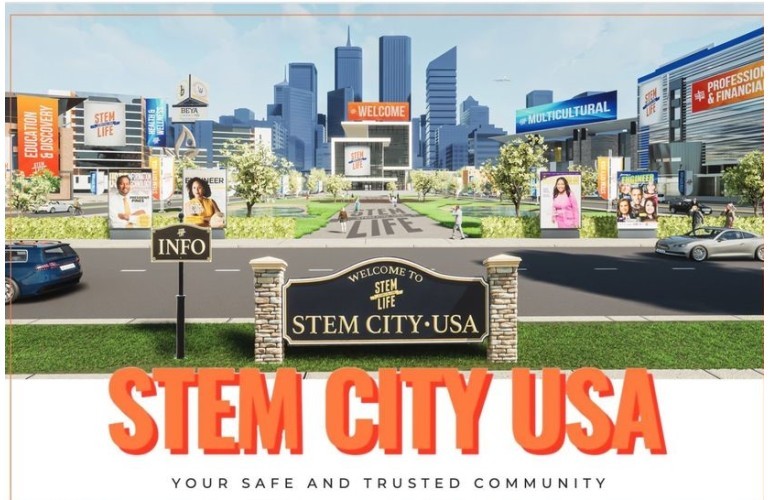 Subscribe
Subscribe- Login
-
/
Sign Up
- US Black Engineer
- >>
- Articles
- >>
- HBCU Technet
- >>
- Civil rights organizations must embrace the new digital landscape
Civil rights organizations must embrace the new digital landscape with creativity, adaptability, and a renewed commitment to their core values.
The rise of digital technologies, especially the metaverse and artificial intelligence (AI), has dramatically altered the landscape of social organization and activism.
These technologies offer unprecedented opportunities for empowerment, diversity of voices, and the emergence of new leadership. However, their impact on traditional civil rights organizations has been double-edged, presenting both challenges and opportunities.
Empowerment vs. Victimhood
One of the core reasons why some civil rights organizations may seem to lag in leveraging these technologies lies in the narrative of empowerment versus victimhood.
The metaverse and AI offer platforms for individual and collective empowerment, allowing users to create, control, and disseminate their narratives without intermediaries.
This direct engagement promises a form of empowerment that is at odds with narratives that rely heavily on victimhood as a mobilizing strategy.
Right-wing groups have successfully harnessed these platforms to spread their messages by emphasizing empowerment, albeit often in a manner that promotes exclusion or hate.
They’ve adeptly navigated these digital realms to galvanize support and broadcast their ideologies. This success is partly because these groups have embraced the participatory and immersive nature of these technologies, using them to create compelling, albeit divisive, narratives that resonate with their intended audiences.
Diversity of Voices
Another significant aspect of these digital technologies is their ability to amplify a diversity of voices. The metaverse and AI democratize content creation and distribution, enabling anyone with internet access to share their views.
This inclusivity is fundamentally positive but also presents a challenge to traditional civil rights organizations. The sheer volume of voices and perspectives can make it difficult for any single message to stand out, especially if that message is more nuanced or requires a deeper understanding of historical and social contexts.
Civil rights organizations, traditionally reliant on hierarchical communication structures and mainstream media channels, must adapt to this new, more democratic but chaotic information ecosystem.
The challenge is to harness these technologies to amplify their messages without getting drowned out in the cacophony of digital discourse.
New Leadership
The rise of the metaverse and AI has also facilitated the emergence of new leaders who are native to these digital environments. These individuals often possess a deep understanding of digital culture and the technical skills necessary to navigate and influence it.
Their ascendancy challenges traditional organizations, which may struggle to adapt to new modes of leadership and engagement that resonate with younger, more digitally savvy demographics.
The Path Forward
For civil rights organizations to thrive in the era of the metaverse and AI, a paradigm shift is required. Embracing these technologies not as threats but as opportunities is crucial.
This means actively engaging with these platforms to spread their messages, using the tools of digital creation to empower and uplift marginalized voices, and fostering a culture of innovation within their ranks to stay relevant in a rapidly changing digital landscape.
Moreover, civil rights groups must invest in understanding these technologies and the cultures they engender. This includes not only the platforms themselves but also the underlying algorithms that dictate what content gets seen and shared. By mastering these tools, civil rights organizations can counteract the negative uses of these technologies and harness them to foster inclusivity, equality, and justice.
The metaverse and AI represent a frontier of possibility for civil rights activism. While right-wing groups have shown that these tools can be used to spread division, they also offer powerful means to promote unity, empowerment, and social change.
Civil rights organizations must rise to this challenge, embracing the new digital landscape with creativity, adaptability, and a renewed commitment to their core values.


